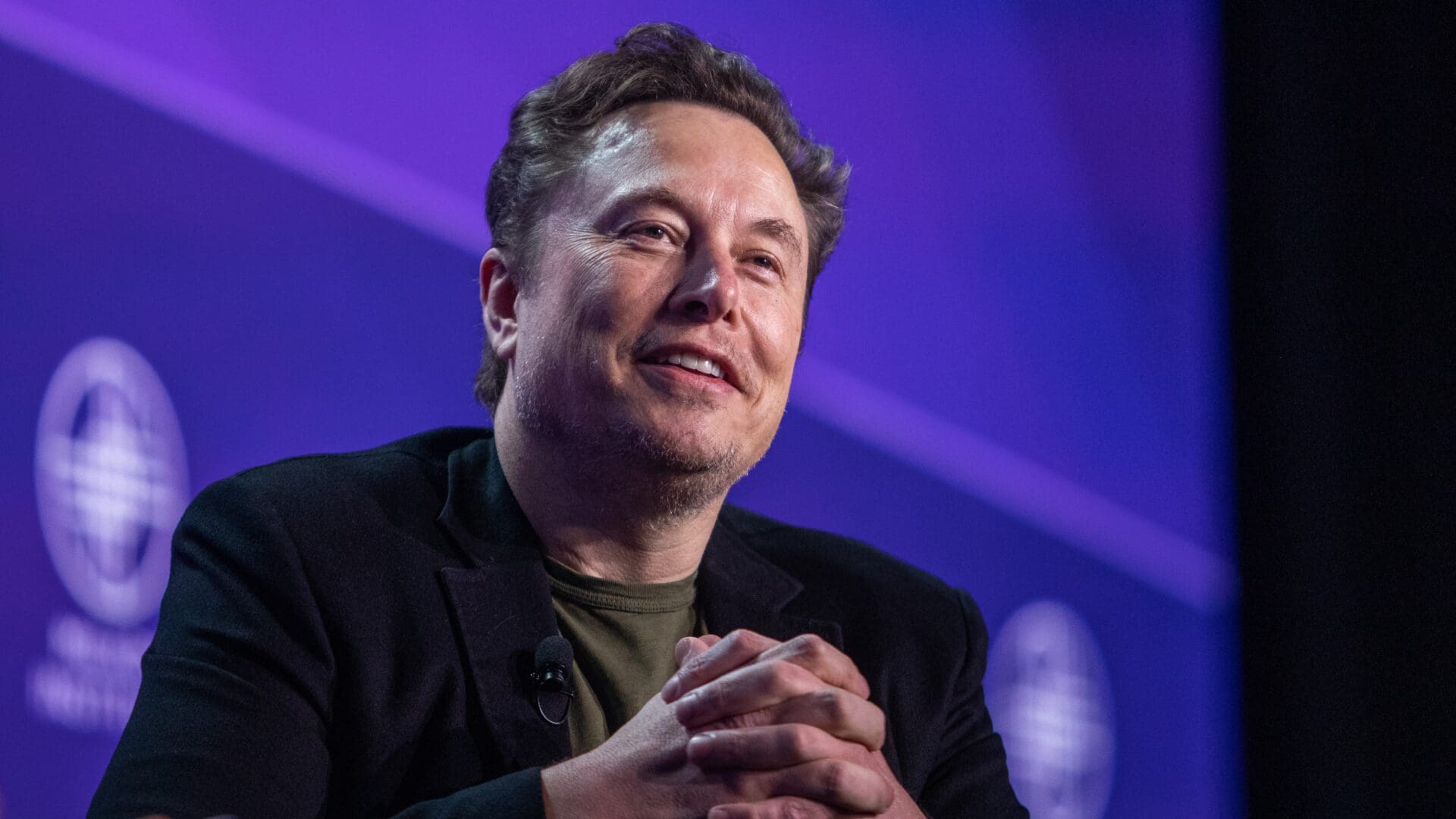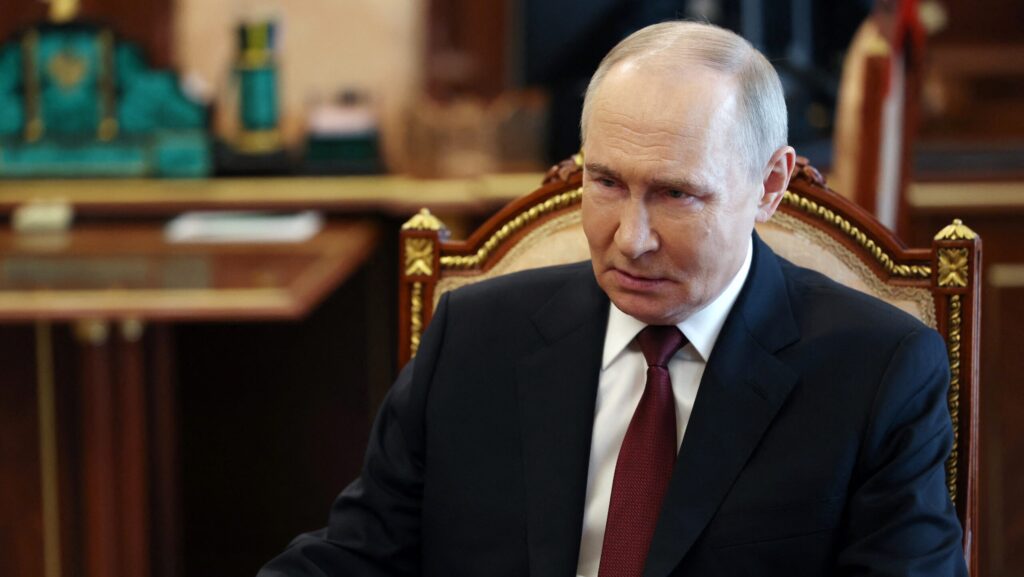The European Commission sent preliminary findings to Elon Musk’s X Corp. on July 12, accusing the social media giant of violating the Digital Services Act (DSA). Musk says
X could have dodged these allegations by agreeing to quietly censor speech on behalf of EU officials, but X refused.
‘The European Commission offered X an illegal secret deal,’ Musk wrote on X. ‘[I]f we quietly censored speech without telling anyone, they would not fine us. The other platforms accepted that deal. X did not.’
According to Musk, the EU is coercing big tech into an illegal censorship scheme. The stakes are high: if Brussels imposes mass censorship via digital regulation and closed-door deals, Europeans will lose their inalienable right to freedom of speech.
X Champions Free Speech, Despite Repeated Backlash
Thanks to Musk’s leadership, X has become one of the world’s most prominent and reliable free-speech platforms. During the July 13 attempted assassination of President Trump, establishment media pushed false and egregiously misleading headlines, while failing to deliver timely news updates.
In contrast, X enabled citizen journalists to work together to quickly assess the unfolding horrors.
The platform hasn’t always been a vanguard of free speech. Prior to Musk’s acquisition of Twitter (now X) in 2022, the platform repeatedly censored truthful speech concerning COVID, the Hunter Biden laptop, and more.
Twitter shadowbanned users—using a ‘Search Blacklist’ against American commentator and radio host Dan Bongino, a ‘Trends Blacklist’ against Stanford’s Dr Jay Bhattacharya, and a ‘Do Not Amplify’ setting against Turning Point USA founder and CEO Charlie Kirk. The ‘Twitter Files’—a series of watershed exposés by journalists Michael Shellenberger, Matt Taibbi, Bari Weiss, and others—show that U.S. intelligence worked closely with Twitter to subvert free speech for years.
When Musk acquired Twitter, he prioritized free speech. He reinstated accounts that had previously been banned. He innovated internal and crowd-source fact-checking, enabling social media users to work together in real-time to determine what is true and what is not. And he began to dismantle the revolving door between the platform’s personnel and U.S. intelligence;
Musk fired four out of five employees, including countless former government agents.
Despite—or perhaps because of—these improvements, Musk has been the subject of repeated public criticism, as well as government-initiated litigation and investigation.
The U.S. Securities and Exchange Commission sued Musk over his Twitter purchase, while the Federal Trade Commission demanded internal communications pertaining to Elon Musk, as well as the names of the journalists given access to Twitter’s records. The Global Alliance for Responsible Media (GARM) also organized an advertising boycott against the platform.
Now Musk says Europe’s censors are coming for X.
The EU’s Accusations, Explained
July 12 marks the first time the European Commission (EC) has used the DSA to issue preliminary findings. Under the DSA, platforms with over 45 million monthly active users —such as X, Meta, and Google—must censor so-called hate speech and disinformation. Non-compliant platforms will face fines of up to six percent annual global revenue, as well as ‘enhanced’ EU supervision. Repeat offenders may be banned from the EU market entirely.
The EC claims X has the right to defend itself against the DSA’s preliminary findings. However, if X fails to dismiss the accusations, and if it refuses to become compliant with regulations, it will face fines exceeding $200 million. The private company will also lose its autonomy—becoming at least temporarily subservient to Brussels.
According to the EC, X ‘deceives users’ with its blue check verification system, lacks advertising transparency, and restricts data access for researchers.
Under Musk’s ownership, X allows anyone to subscribe to obtain verification—making the platform’s coveted ‘blue check’ status symbol accessible to all.
The EC says this democratic design is problematic,
because social media users don’t know the ‘authenticity’ of the accounts and content they consume. According to the EC, individuals aren’t capable of independent truth-seeking; they need some sort of bureaucracy to tell them which accounts are trustworthy.
The EC also wants outsiders to supervise X’s advertising model and to easily access the company’s public data. Right now, the EC complains that X’s design blocks the EU’s “required supervision” and prohibits outside research.
Musk must successfully dismiss these allegations to avoid exorbitant fines.
Information Control, Masquerading as a Public Service
EC officials have taken to X to celebrate their preliminary findings. Thierry Breton—lead proponent of EU censorship, former military contractor, and current EU Commissioner for Internal Market—says, “Back in the day, #BlueChecks used to mean trustworthy sources of information… if our view is confirmed we will impose fines & require significant changes.’ According to Breton, he and his fellow bureaucrats are merely defending transparency and accountability.
Musk warns not to be so easily fooled. He says ‘The DSA IS misinformation!’
Mike Benz, Executive Director of the Foundation for Freedom Online, concurs. According to Benz, the DSA is a ruse to reimpose censorship: ‘This has been [the EU’s] plan the whole time—to use the DSA to force X to restaff the censorship squad fired when Elon took over.’ Pirate Wires similarly reports that ‘The EC wanted X to hire a team of people in the EU that could number in the hundreds to remove ‘misinformation’ from the platform.’
According to these analyses, the DSA is not concerned with genuine transparency; it is a distinctively untransparent means of purging undesirable content from X, at the behest of Brussels. If the EC continues to enforce the DSA unopposed, its regulations are likely to become a global standard.
‘The totalitarianism we warned of is happening,’ Shellenberger warns. ‘The European Union is at this moment forcing big tech companies to secretly engage in mass censorship… Only Elon Musk’s X, among the major platforms, is resisting.’
According to Shellenberger, ‘What Breton is doing [via the DSA] is flagrantly illegal. He is violating the Universal Declaration of Human Rights, the EU Constitution, and the French Constitution. US, EU, and other lawmakers around the world should demand Breton be fired and investigated for his attack on freedom.’
Global Censorship on the Rise
The Chinese Communist Party is already weaponizing artificial intelligence to strengthen its socialist censorship regime. Volodymyr Zelensky’s Ukraine restricts and manipulates the press. Ukraine even has a domestic spy agency, which surveilled journalists ‘through peepholes in their hotel rooms.’ And the Biden administration recently signed legislation that will force TikTok to be banned from the U.S. or sold.
As a vocal defender of free speech, Musk is no stranger to controversy. This spring he engaged in separate legal battles with the governments of Australia and Brazil over their efforts to censor speech. Now he is prepared to take the EU to court.
Shellenberger says the consequences of this dispute will be enormous:
‘If the EU succeeds in censoring X, Facebook, Google, and every other major Internet platform, then there is no free speech.
There is only government-controlled speech.’
Musk, for his part, is not backing down. The richest man in the world says he ‘look[s] forward to a very public battle in court, so that the people of Europe can know the truth.’








